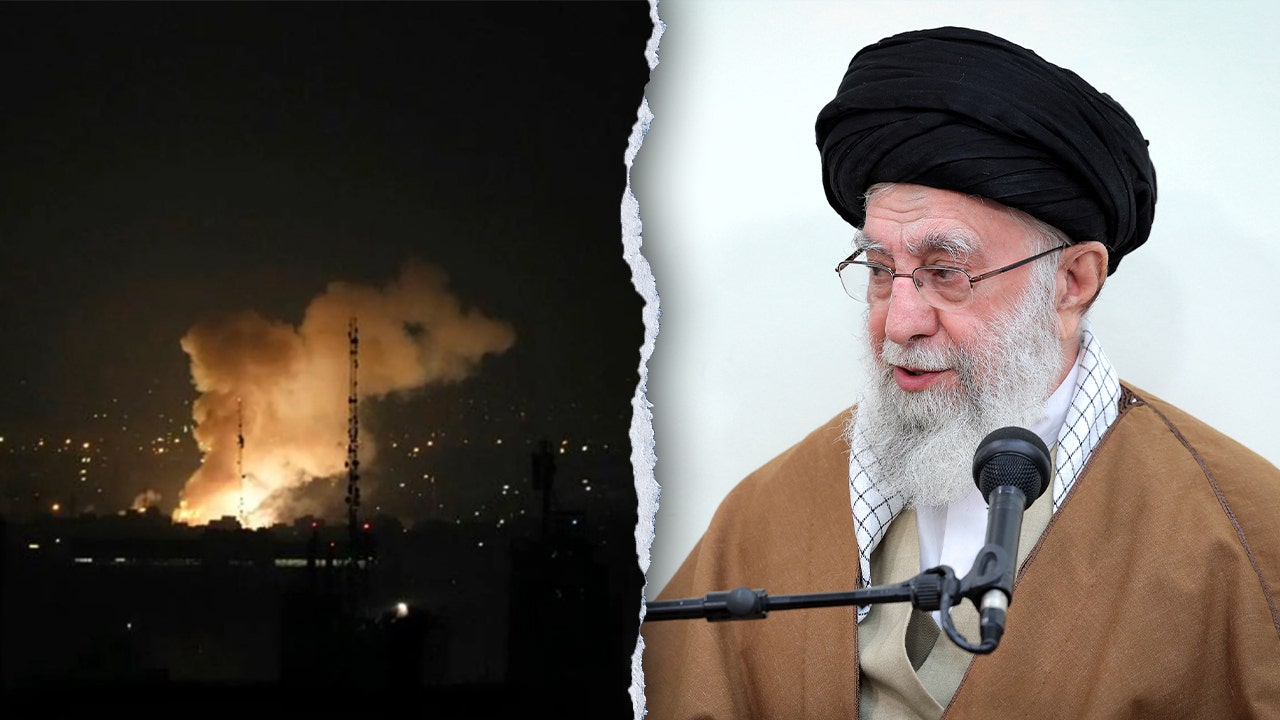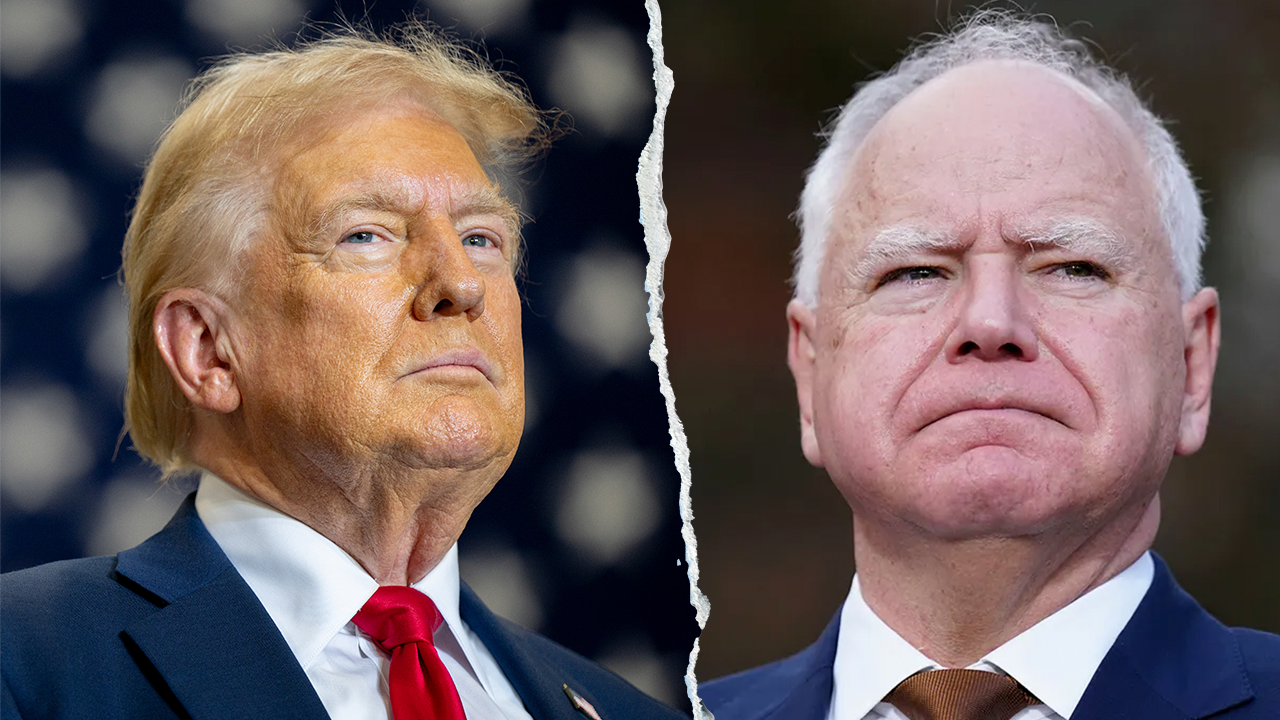The Chinese Communist Party has transformed Harvard University into “a fertile human capital recruiting ground,” leveraging multimillion-dollar investments in the Ivy League school to enlist professors and students in “projects that involve sensitive and advanced technologies,” a new investigation into the CCP’s influence operations on college campuses shows.
“Harvard scholars contribute to the PRC’s military-industrial complex” through cooperation with Chinese universities, “including on projects that involve sensitive and advanced technologies,” according to a report from Strategy Risks, an analytical firm that focuses on China. “The extent of collaboration suggests that Harvard is a hub for creating ties between PRC security agencies and Harvard scholars and students.”
Harvard accepted more than $18 million in gifts from China in 2023 alone, but did not disclose the identities of these donors. From 2013 to June 2020, Harvard received $93.7 million in donations from China—the highest amount of any university in the United States. The influx of cash has sparked numerous partnerships between Chinese state entities and the Ivy League school.
A sizable portion of this research centers around technology the CCP needs to modernize its military in preparation for a potential conflict with the United States. Joint projects with Harvard, the investigation found, “deal with advanced technologies that PRC laws require PRC collaborators share with the People’s Liberation Army (PLA) and the country’s security agencies.”
The report identified a number of Harvard’s collaborations with sanctioned Chinese entities linked to the Communist country’s missile programs, nuclear industry, and quantum computer construction.
In July 2023, a Harvard associate professor of materials science wrote a paper on “enhancing solid state battery design” alongside authors from China’s Ministry of Industry and Information Technology Key Laboratory of Critical Materials Technology for New Energy Conversion and Storage at the Harbin Institute of Technology (HIT).
“New energy” is one of many “strategic emerging industry” sectors “prioritized by Beijing for targeted collection from the U.S.,” according to the report. In 2020, three years before the Harvard project, the U.S. government sanctioned HIT “for attempting to use U.S. technology for PRC missile programs.”
In August 2023, a Harvard physics professor co-authored a paper—”Electrically tunable magnetic fluctuations in multilayered vanadium-doped tungsten diselenide”—with Chinese researcher Jinbao Jiang, a member of Beijing’s National University of Defense Technology (NUDT). That institution is controlled by China’s Central Military Commission, the country’s highest military body.
The Department of Commerce added NUDT to its “entity list” in 2015 for using “U.S.-origin computer components to construct supercomputers, which are ‘used in nuclear explosive activities,’” according to the report. NUDT was additionally found in 2018 to have established “overseas study bases” at Harvard and other academic institutions.
From February to December 2023, a Harvard engineering professor co-authored at least six papers with researchers from China’s State Key Laboratory for Strength and Vibration of Mechanical Structures at Xi’an Jiaotong University. “The laboratory,” the report notes, “focuses on high-end equipment—for example supplying component prototypes for ten PRC satellites.”
These collaborations, the report warned, “are part of an effective overall [Communist Party of China (CPC)] strategy to recruit U.S.-based scholars and students, influence public opinion, and gain access to advanced technologies. Harvard’s links to various arms of the PRC’s national security establishment, the United Front, and the highest levels of the CPC raise questions about the university’s ability to counter CPC influence.”
Strategy Risks CEO Isaac Stone Fish publicly presented the findings last week during a Hudson Institute event on “campus communism.” The report is likely to increase pressure on Harvard as the Trump administration reassesses multibillion-dollar federal investments in the school. In April, the administration froze more than $2 billion in funds over Harvard’s failure to stem campus anti-Semitism.
Michael Sobolik, a senior fellow at the Hudson Institute, told the Washington Free Beacon that the report provides firm evidence that Harvard “has advanced CCP propaganda on regime legitimacy and has trained PRC entities involved in the Uyghur genocide.”
“Apparently forced sterilization and organ harvesting weren’t sufficient to deter Harvard from deepening its relationship with the CCP,” he said. “In the process, however, it may have violated U.S. sanctions. The Trump administration should continue its investigation into that question, and Congress needs to update reporting standards.”
The Free Beacon first reported in April that Harvard trained members of a Chinese “paramilitary organization” after the U.S. government sanctioned the group for its role in the Uyghur genocide.
Harvard’s T.H. Chan School of Public Health partnered with Beijing’s National Healthcare Security Administration to train government workers from across China, including those from the Xinjiang Production and Construction Corps—an entity sanctioned in 2020 for feeding Beijing’s genocide.
The Chan family donated $350 million to the Harvard School of Public Health in September 2014, leading the university to rename the school in the family’s honor.
Ronnie Chan, a Hong Kong real estate titan, funds a Chinese state-run think tank linked to “Beijing’s economic espionage strategy,” the report reads.
Additional evidence cited in the report suggests that “PRC student organizations and individuals intimidate and police colleagues on campus” to stifle criticism of China, while Harvard faculty members “cooperate with CPC censorship.”
The Harvard University Chinese Students & Scholars Association, for instance, is linked to CCP organs that encourage student members to “‘disrupt lectures or events that question [CPC] ideology or views,'” according to the report.
The Wall Street Journal reported in 2020 that Harvard Business School “‘may excuse students from discussing’ topics considered to be ‘politically sensitive’ in the PRC if students are worried about the risks due to the PRC’s national security law.” That same year, Chinese dissident and human rights lawyer Teng Biao, then a visiting fellow at Harvard Law School, “was pressured into postponing, and ultimately cancelling a Harvard event.”
Read the full article here







